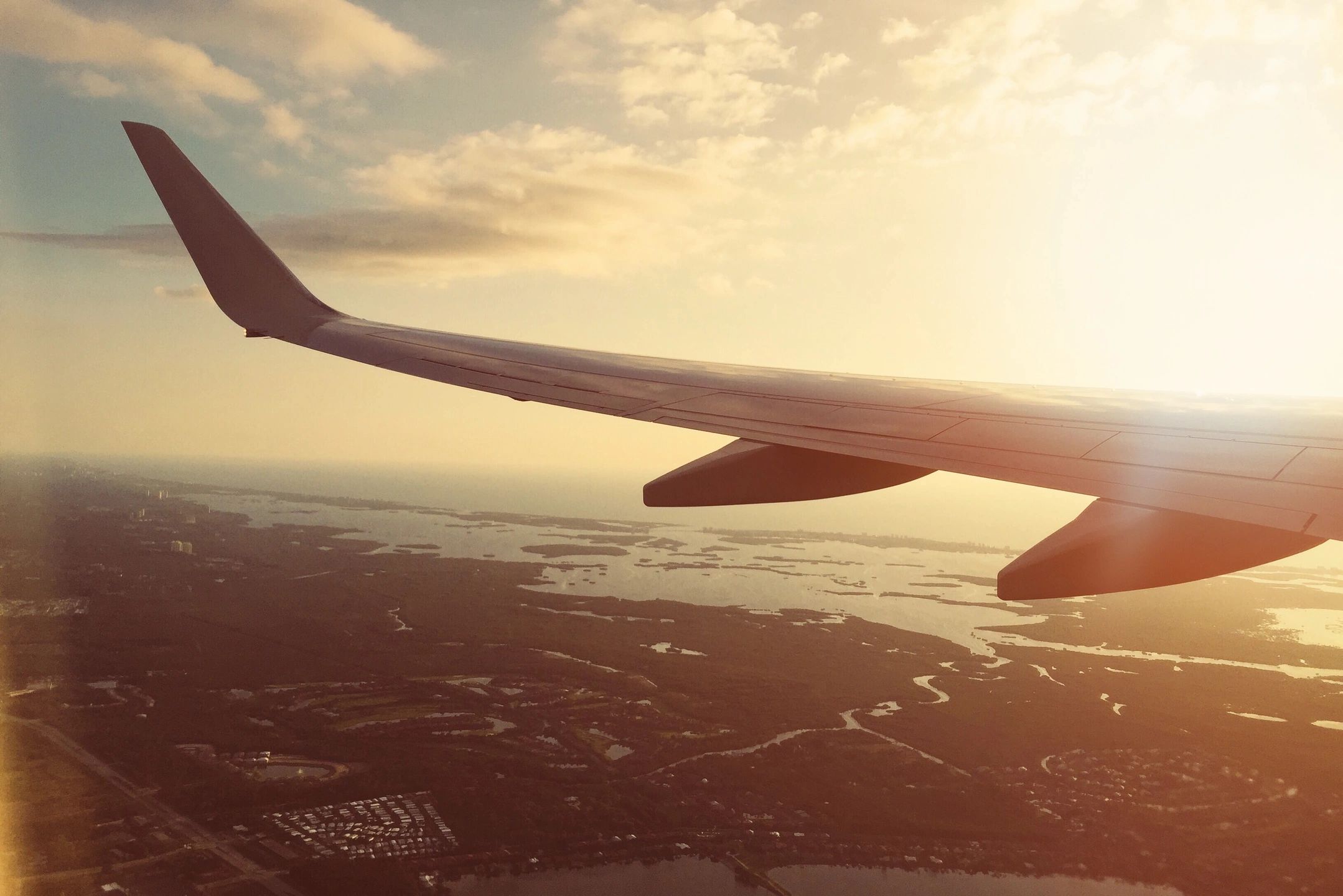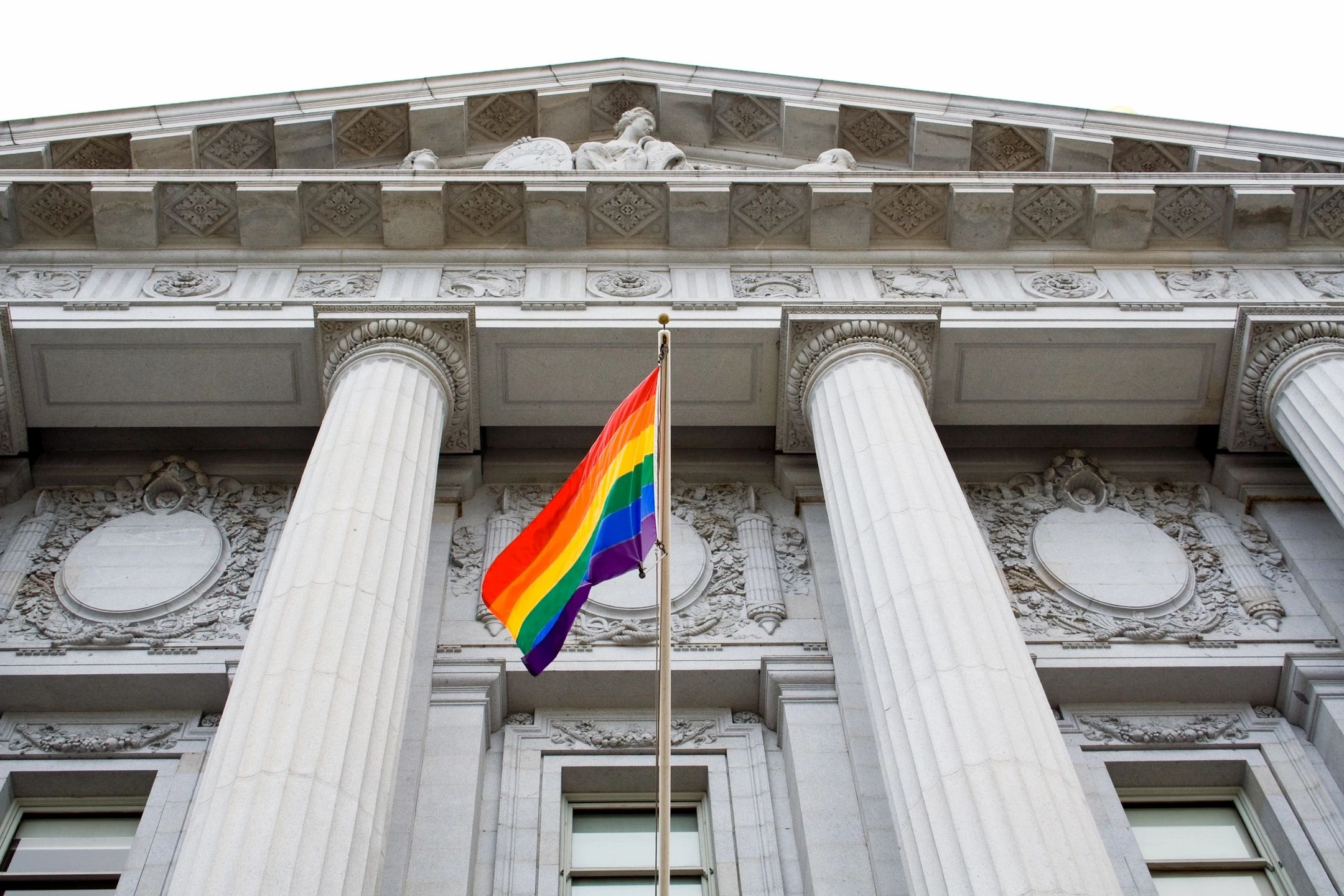Canadian Tourism to U.S. Drops Sharply Amid Trump-Era Tensions
Marketers from top U.S. destinations are working to reassure Canadians they remain welcome—regardless of who’s in the White House. But a steep decline in Canadian tourism suggests the message may not be getting through.
From canceled tour buses to empty travel agencies, the impact is already visible. Vancouver-based Travel Group reports future bookings to the U.S. are down 90 percent. Travac Tours in Ottawa has canceled all U.S. trips through July, and Kingston-based Maple Leaf Tours says business has dropped by 70 to 80 percent.
“It was always such a happy time—whether we were going to Myrtle Beach, Florida, or Boston,” said Maple Leaf Tours founder Kristine Geary. “And now it’s anxiety, apprehension, and nerves. Some people are saying, ‘I’m not going to support that guy.’”
The trend is expected to worsen. Tourism Economics projects a 20 percent drop in Canadian travel to the U.S. this year, amounting to $3.4 billion in lost revenue. In New York’s North Country, which shares a vast border with Canada, 66 percent of businesses are already reporting a decline in Canadian bookings.
Relations between the two countries have grown increasingly strained. President Trump’s controversial remarks about Canada—suggesting it “only works as a state”—along with tariff disputes and threats of annexation, have sparked outrage. Concerns over potential detainment at the border have only added to the unease.
What began as a boycott over Trump’s rhetoric has evolved into widespread reluctance rooted in safety concerns and economic uncertainty. Travel planners warn that recovery may not happen until after Trump leaves office.
Cities and states reliant on tourism are working hard to counter the trend. Visit California’s message is clear: “You’re welcomed and respected in California.” Broward County, Florida, is telling Canadian visitors they’re “always among friends.” In New York’s North Country, businesses are displaying “Welcome Canadians” signs, hoping to maintain ties with their northern neighbors.
In New York City, a major hub for Canadian tourists, officials are leaning on the “With Love + Liberty, New York City” campaign to emphasize the city’s open, inclusive character.
“I think generally people from Canada and Europe know that New York City is a welcoming place,” said Andrew Rigie, executive director of the NYC Hospitality Alliance. “But it’s going to take an investment to remind them that locally, we want you here.”
Still, even traditionally popular destinations like California and the Northeast could see declines sharper than those during Trump’s first term. Some Canadians are now questioning whether traveling to the U.S. is in line with their values.
“After 2016, Canadians were more open to traveling to blue states they felt aligned with—California, New York, Hawaii,” said McKenzie McMillan, a travel adviser at Travel Group. “Now, they’re wondering if they should take a stand by not going at all.”
Border towns are feeling the strain most acutely. What was once routine—crossing into the U.S. for dinner or shopping—is now fraught with hesitation.
In the North Country, represented by Rep. Elise Stefanik, the economic ripple effects of the trade war are palpable. Senate Minority Leader Chuck Schumer has highlighted the region’s vulnerability amid Trump’s tariff plans and shifting foreign policy.
“We especially feel and appreciate the sense of hurt—as one would with family,” said Garry Douglas, president and CEO of the North Country Chamber of Commerce. “Our people-to-people connection is deeply valued here.”
According to U.S. Customs and Border Protection, northern border crossings dropped nearly 12 percent in February compared to the same month in 2024. March numbers are expected to show a steeper decline.
Despite assurances from the Trump administration that tourism will rebound as its policies take effect, many Canadian travel planners are bracing for a long downturn.
“I think it’s going to be four years,” said Geary. “I hope I’m wrong. But there’s just so much anxiety.”


